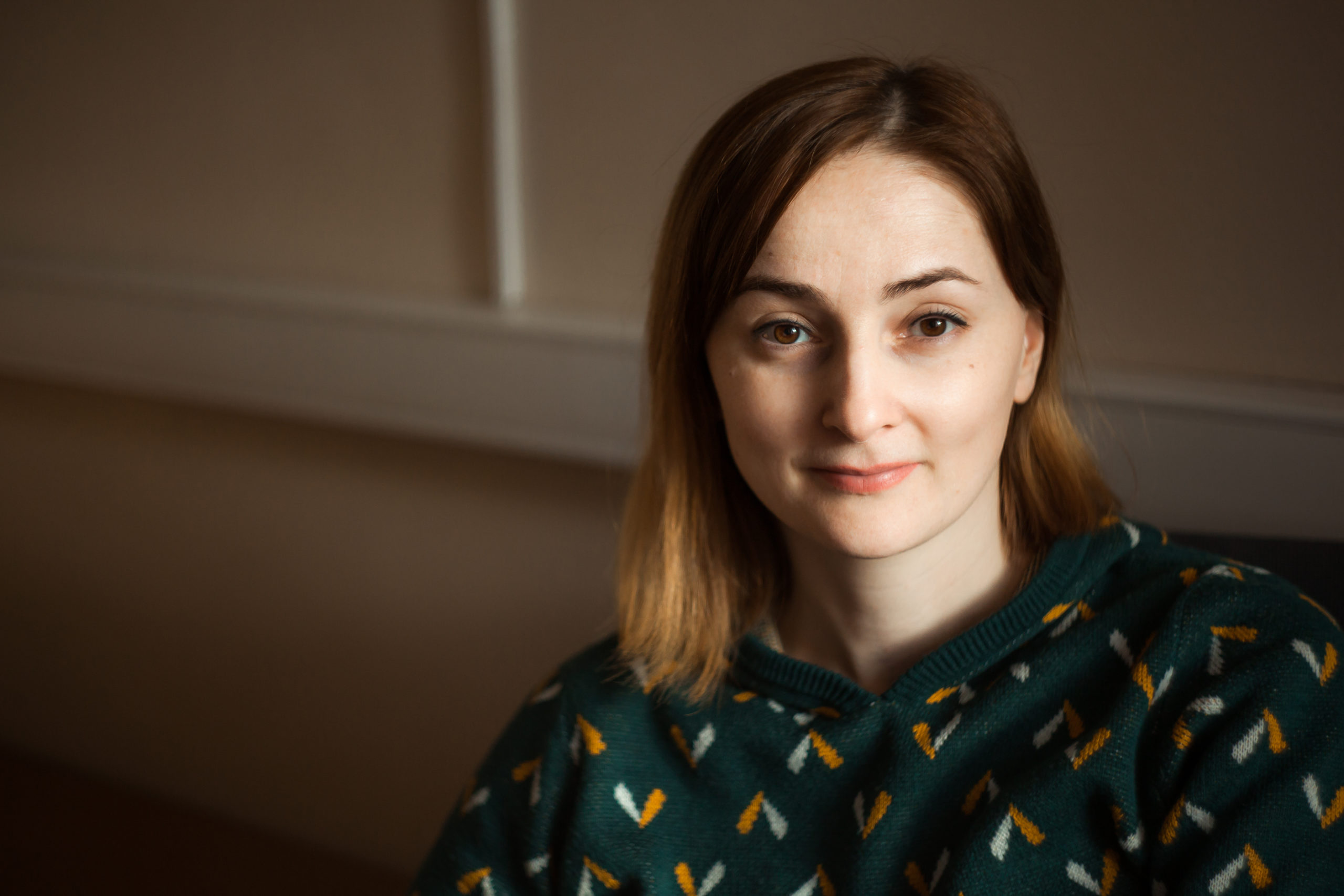Angelika Dobrieva, phycisian, deputy head of Civic Assistance committee on medical issues, talks about access to Russian healthcare for foreign citizens, related challenges and help from charitable organizations
- What are main challenges of access to healthcare services for migrants and refugees in Russia?
- Such access depends on a person’s status in the country. We can single out following categories: asylum seekers; people who have applied for a refugee status; stateless people and labor migrants.
Asylum seekers are denied healthcare access during the whole time of the application processing.
Asylum seekers can receive national health insurance and use basic medical services covered by it, right after the application.
Stateless people have free access to emergency care only.
Labor migrants, when applying for a labor patent, are obliged to purchase voluntary medical insurance. But it only covers emergency care, which is in any case free of charge for all people in Russia, no matter what their legal status is.
Thus, migrants have no access to free routine care.
— Does this mean that named categories of people may only rely on paid services?
— They only have access to free emergency care. Usually, people are not denied help in case of life-threatening exacerbation of a chronic disease; but there is no access to free routine care.
In addition, even national health insurance does not cover all medical services which a person in a vulnerable position may need. For example, to receive high-tech medical care, a person should be a Russian citizen. High-tech care includes endoprosthetics, transplants, etc. There are people in need of such help, although not thousands of them; their problems stay unsolved.
— Who asks for your help most often?
— According to our statistics, these are people between ages 30 and 55 with exacerbation of chronic diseases.
— How does Civic Assistance help?
— There is a physician at Civic Assistance committee, who may refer patients for additional tests or specialist consultations, if needed. We have contracts with several medical institutions in Moscow, where we can refer patients for diagnostics and treatment. Unfortunately, our financial resources are limited, and sometimes we cannot help everyone. Nevertheless, we always try to quickly organize an urgent hospitalization and examination.
— If we are talking about healthcare for migrants and refugees, does that mean there is no chance for them to access care without the support of a charitable organization?
— Exactly! In addition, these people are in difficult financial situation. They struggle to buy food, not to mention using paid healthcare. Such non-governmental organizations are a great help.
Other difficulties include poor command of language and biased attitude to migrants and refugees. For example, a person can apply for refugee status, get national health insurance, and go to a medical center. But nobody has considered that this person speaks Russian poorly; 80% of people who come to Civic Assistance for help, do not or almost do not speak Russian.
So, in a city polyclinic, the person is denied access, and the medical personnel explain it by the fact that the number of patients already exceeds available resources. Our volunteers and translators help in such cases; they go together with a migrant and advocate for their rights. Only after that, a medical center gives access to its services.
— How has coronavirus pandemic affected the healthcare access for migrants and refugees?
— During the pandemic, the medical organizations in Moscow provided healthcare services to all people, legal status irrelevant. I should highlight that I am talking about Moscow; outside of the capital, everything is different, even for Russian citizens.
The Moscow healthcare department well reacted to the pandemic. Ambulance was sent every time when needed, and everyone received complete medical care. Even people with acute medical conditions unrelated to COVID-19 were not denied help, they were admitted for hospitalization, and received the necessary drugs for free.
— How can access to health services for migrants and refugees be improved?
— First of all, such access should be provided to asylum seekers. They should have a right to obtain national health insurance while waiting for the decision. With this objective, the Refugee Law (Federal Law 95 from 1997) should be modified in the part of medical help for asylum seekers.
Next important step is to oblige employers to provide voluntary health insurance when contracting migrants; such insurance plan should cover emergency and routine medical care.
I also want to mention tuberculosis, a socially significant disease. In Moscow, inpatient care for patients with tuberculosis is free of charge, but when a patient is checking out from the hospital, troubles start. TB clinics are territorial, which means patients should use a TB clinic in the district where they are registered. Our applicants often do not have residence registration and are denied outpatient care. This needs to change.
Types of medical care:
Emergency care is provided in case of acute disorders and conditions of sudden onset, life-threatening exacerbations of chronic diseases (acute respiratory failure, cardiogenic shock, pulmonary embolism, etc.). This involves hospitalization after calling the emergency number 112.
Routine care is provided for diseases and conditions which are not life-threatening and do not require emergency care; in such cases a delay in medical help for some time would not lead to the impairment of a patient’s condition or threaten their life and health (diagnostic tests, vaccination, dynamic and outpatient follow-up for chronic diseases, pregnancy, etc.). There is no free of charge access to this type of care.
Source: How to work with refugees in Russia by Need Help Foundation
Author: Ekaterina Ivashchenko
This article was prepared with the support of Oxfam in the Russian Federation
